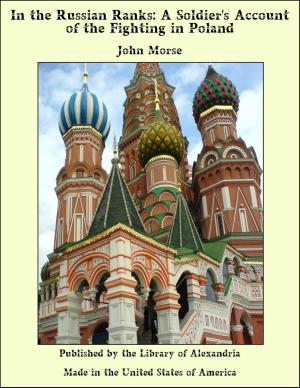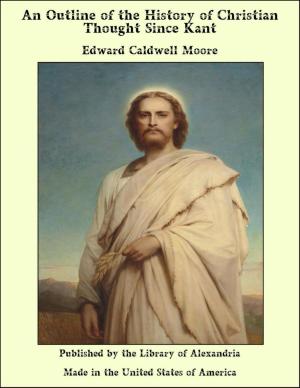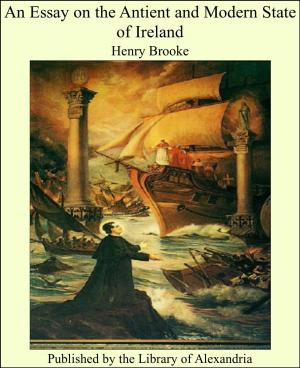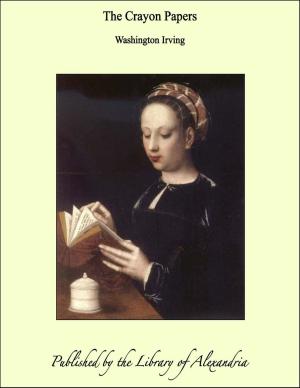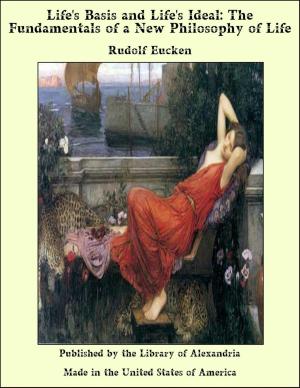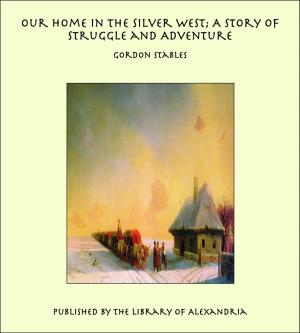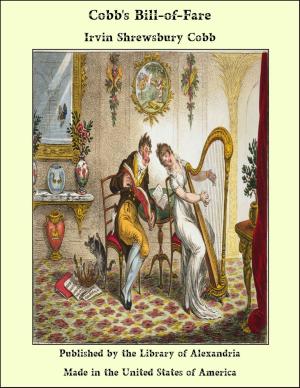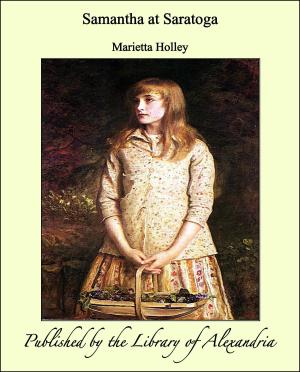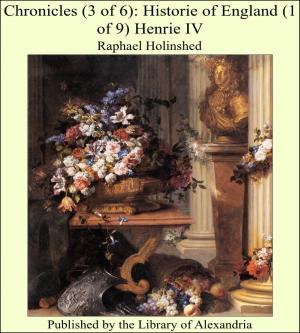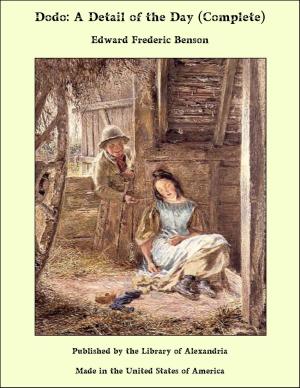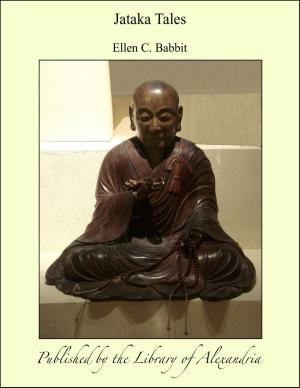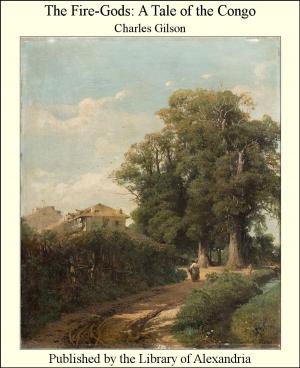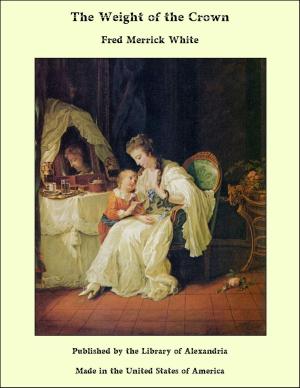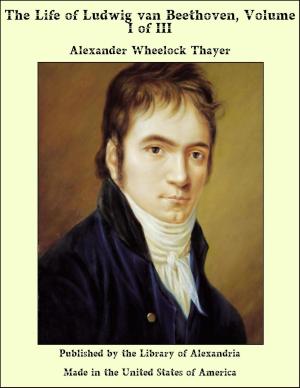The First Blast of the Trumpet Against the Monstrous Regiment of Women
Nonfiction, Religion & Spirituality, New Age, History, Fiction & Literature| Author: | John Knox | ISBN: | 9781465516855 |
| Publisher: | Library of Alexandria | Publication: | March 8, 2015 |
| Imprint: | Language: | English |
| Author: | John Knox |
| ISBN: | 9781465516855 |
| Publisher: | Library of Alexandria |
| Publication: | March 8, 2015 |
| Imprint: | |
| Language: | English |
The vigour of the persecution had struck all heart out of the Protestants. Was this to go on for ever? Heart-wrung at the ruthless slaughter--as we, in our day, have been by the horrors of the Indian mutiny or of the Bulgarian atrocities---the Reformer sought to know the occasion of all these calamities. At that moment, he found it in the Empire of Woman. Afterwards he referred much of this book to the time in which it was written [pp. 58 and 61]. Shall we say that his heart compelled his head to this argument, that his indignation entangled his understanding on this subject? Just as MILTON was led to the discussion of the conditions of divorce, through his desertion by his wife MARY POWELL; so the fiery martyrdoms of England led KNOX to denounce the female sex in the person of her whom we still call "Bloody MARY" that was the occasion of them all. If in the happiest moment of his happiest dream, JOHN KNOX could have foreseen our good and revered Queen VICTORIA reigning in the hearts of the millions of her subjects, and ruling an Empire wider by far than those of Spain and Portugal in his day; if he could have seen England and Scotland ONE COUNTRY, bearing the name which, as almost of prophecy, he has foreshadowed for them in this tract, "the Ile of greate Britanny;" if he could have beheld that one country as it now abides in its strength and its wealth, the most powerful of European states; if he could have realized free Italy with Rome, the Popes without temporal power, and modern civilisation more than a match for Papal intrigues; if he could have known that the gospel for which he lived had regenerated the social life of Great Britain, that it was tha confessed basis of our political action and the perennial spring of our Christian activities, so that not merely in physical strength, but in moral, force and mental enlightenment we are in the van of the nations of the world: if the great Scotch Reformer had but had a glimpse of this present reality, this tract would never have been written, and he would willingly have sung the paean of aged SIMEON and passed out of this life. But this work was the offspring of the hour of darkness, if not of despair. Something must be done. A warrior of the pen, he would forge a general argument against all female rule that would inclusively destroy the legal right of MARY to continue these atrocities.
The vigour of the persecution had struck all heart out of the Protestants. Was this to go on for ever? Heart-wrung at the ruthless slaughter--as we, in our day, have been by the horrors of the Indian mutiny or of the Bulgarian atrocities---the Reformer sought to know the occasion of all these calamities. At that moment, he found it in the Empire of Woman. Afterwards he referred much of this book to the time in which it was written [pp. 58 and 61]. Shall we say that his heart compelled his head to this argument, that his indignation entangled his understanding on this subject? Just as MILTON was led to the discussion of the conditions of divorce, through his desertion by his wife MARY POWELL; so the fiery martyrdoms of England led KNOX to denounce the female sex in the person of her whom we still call "Bloody MARY" that was the occasion of them all. If in the happiest moment of his happiest dream, JOHN KNOX could have foreseen our good and revered Queen VICTORIA reigning in the hearts of the millions of her subjects, and ruling an Empire wider by far than those of Spain and Portugal in his day; if he could have seen England and Scotland ONE COUNTRY, bearing the name which, as almost of prophecy, he has foreshadowed for them in this tract, "the Ile of greate Britanny;" if he could have beheld that one country as it now abides in its strength and its wealth, the most powerful of European states; if he could have realized free Italy with Rome, the Popes without temporal power, and modern civilisation more than a match for Papal intrigues; if he could have known that the gospel for which he lived had regenerated the social life of Great Britain, that it was tha confessed basis of our political action and the perennial spring of our Christian activities, so that not merely in physical strength, but in moral, force and mental enlightenment we are in the van of the nations of the world: if the great Scotch Reformer had but had a glimpse of this present reality, this tract would never have been written, and he would willingly have sung the paean of aged SIMEON and passed out of this life. But this work was the offspring of the hour of darkness, if not of despair. Something must be done. A warrior of the pen, he would forge a general argument against all female rule that would inclusively destroy the legal right of MARY to continue these atrocities.

